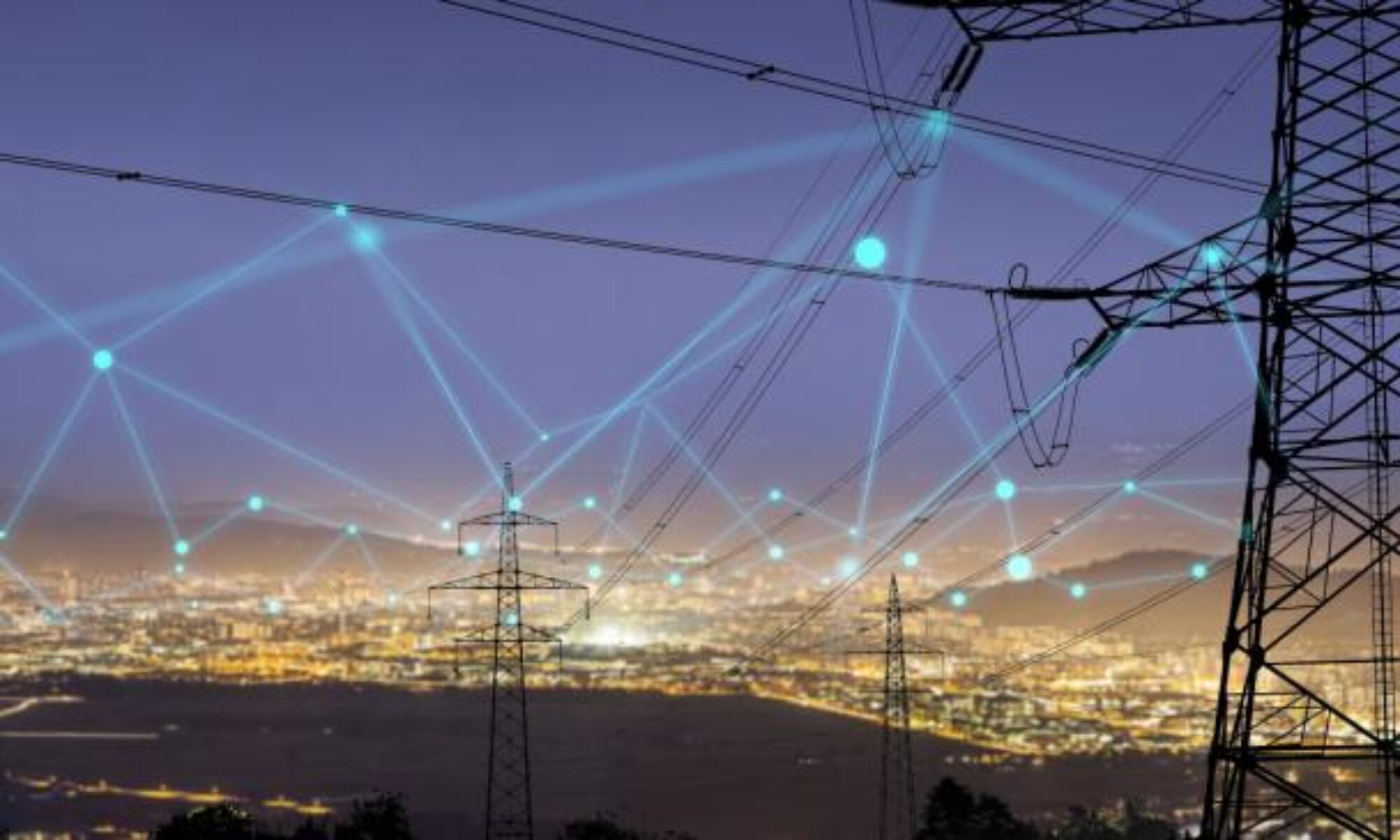Note: the following is testimony regarding LD 1464 “An Act To Support Electrification of Certain Technologies for the Benefit of Maine Consumers and Utility Systems and the Environment” in the Maine Legislature. The Act would require the Efficiency Maine Trust to conduct a study regarding the barriers to beneficial electrification of the transportation and heating sectors in the State; and require the Public Utilities Commission to issue a request for proposals from utilities and entities that are not utilities to conduct a pilot program to support beneficial electrification of the transportation sector of the State.
Senator Lawrence, Representative Berry, members of the Joint Committee, my name is Gerry Runte. I am a constituent of Senator Lawrence and live in York. Thank you for the opportunity to testify today in opposition to LD 1464.
“Beneficial electrification” is an essential step in the decarbonization of our economy and absolutely required to achieve anything close to the current goals for reducing greenhouse gas emissions. Removing barriers and promoting the electrification of most energy use, especially transportation and heating, when combined with increasing the mix of renewable sources of electricity must happen if we are to succeed. And as we are increasingly aware, there is great urgency in taking action. While LD 1464 has the right intent, I believe it might unnecessarily delay taking such actions.
There are a lot of things we already know without further study:
- Significant growth in overall electricity demand for electrification of heating and transportation will prompt the need for added infrastructure. Growth in that demand is uncertain: the Brattle Group projects a doubling of demand by 2050;

- NRDC has projected a more modest growth over today’s demand.

- Both Brattle and NRDC rely on significant installations of renewable distributed generation, including behind the meter, and energy efficiency measures – they are a given under any scenario.
- That said, demand growth greater than what we have recently experienced is inevitable if even modest GHG goals are to be achieved. And this leads to another inevitability – electric utilities must be involved in getting this implemented.
- Utilities could have a role in facilitating electric vehicle charging beyond just selling electricity to appliances
- Increased demand reductions through end use appliance controls will be essential; major changes in utility distribution planning necessary, etc.
Regardless of the portfolio of steps taken to electrify, an efficient implementation must begin with regulatory reform that reshapes utility business models. At one end of the spectrum of possible models would be an expansion of the scope of utility operations and services and at the other end, treating the distribution system as a neutral interface for services (both generation and demand reduction). In the latter case an independent distribution system operator would be created, similar to ISO-NE, but for the state’s distribution network. The IDSO would run demand reduction, promote distributed resources and review/approve utility integrated resource plans – sort of an expanded version of the NWA Coordinator as envisioned by LD 1181.
In a few states there are utilities who actually see this as a win-win for them: they are pushing for regulatory reforms that allows them to conduct major surgery on their business models. Unfortunately there are still a number of utilities that are unwilling or unable to see the opportunity here to do well by doing good and who interpret these new paradigms as threats to be countered. For these recalcitrant utilities, the only effective strategy is to reform the regulatory structure so that it drives changes to utility business models.
I therefore recommend the Committee consider a study whose deliverable is a roadmap to regulatory reform. I believe such a study would be more appropriate – and get things going much faster – than the proposed study that will take over a year to identify what is already known. That proposed study is most likely to conclude that what is needed is innovative regulatory reform and a program to achieve such reforms – a roadmap.
My recommendation of moving directly to the development of a roadmap does not preclude, and in fact, would require completion of an analysis not unlike what is described in the bill as its first step in laying the framework and context for the roadmap.
As to the proposed pilot- the concepts to be demonstrated are fine, but then what? The bill is silent on what happens with the information generated. More importantly, the pilots ought to be defined by the study. They are not concurrent exercises. If, instead, the study is reworked to be a regulatory reform roadmap, the pilots would be a logical step after that begins. Either way, the pilots seem out of sequence and perhaps premature.
I should add that we are already out of step in the state with regard to electric vehicles. We have Efficiency Maine Trust constructing and subsidizing electric vehicle charging stations and state subsidies for the purchase of vehicles, yet nothing has been done to deal with a regulatory structure that hampers these programs. DC fast charge stations incur absurd demand charges (rendering them totally uneconomic) because there is no electric vehicle charging tariffs to handle them so they are treated like any other MGS 3 phase customer. Individual consumers who own vehicles and charge them at night do not have the benefit of time of use rates to reduce charging costs.
I urge you oppose LD 1464 as proposed but also consider redrafting legislation that is more expeditious and timely to identify and remove barriers to beneficial electrification.
